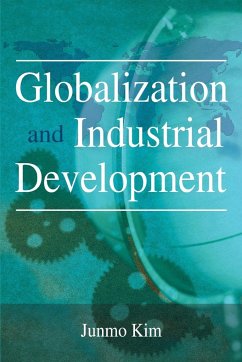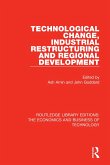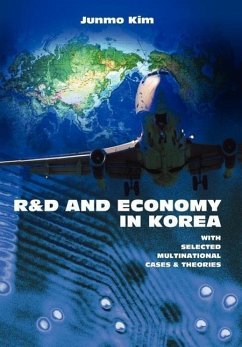Globalization has been, in some sense, one of the most widely discussed concept in understanding social, economic, and political aspects of the changing world since the late 20th century on. This book, noting the phenomenon, focuses on two parts. One is to empirically track industry level performance of major selected industrial sectors with an aim to analyze the existence of economic bloc formation. The other focus is more policy oriented one, which is to present exemplars or areas where public & private actors together work on for economic & industrial development. What is lacking in the existing literature has been more empirically founded research that would provide support for their arguments. Furthermore, an empirically based research in itself finds room for its own appeal when it can present a spectrum of different industrial and interests gaining and losing with the advent of economic integration. This book tackles this point. Especially, this book questions whether there has been a common economic dynamic that has driven the economic integration. If there is any common economic dynamic per se that has had major impact on globalization and integration, this book can present how different industrial sectors of different regions are affected, and thereby provide clues to fill the gaps in the existing theories.
Hinweis: Dieser Artikel kann nur an eine deutsche Lieferadresse ausgeliefert werden.
Hinweis: Dieser Artikel kann nur an eine deutsche Lieferadresse ausgeliefert werden.








